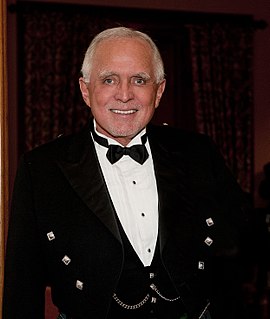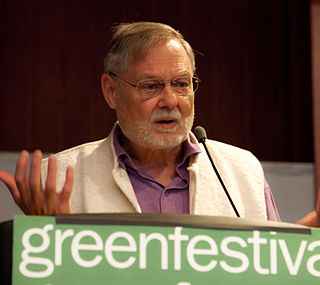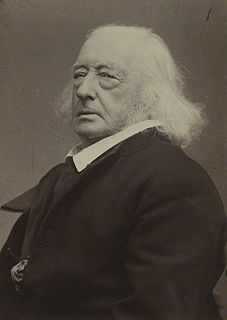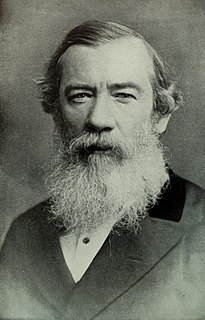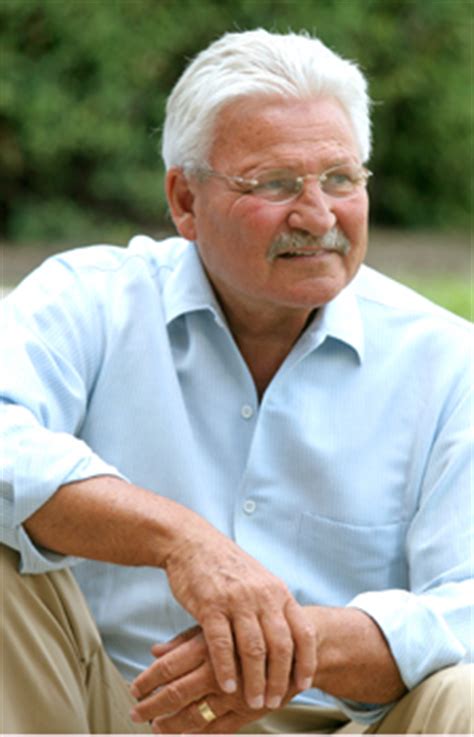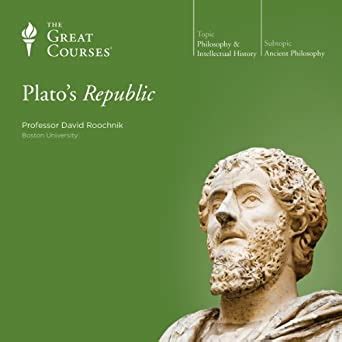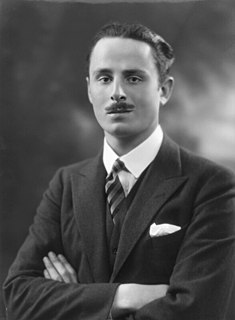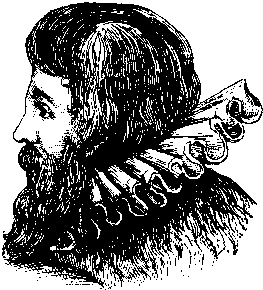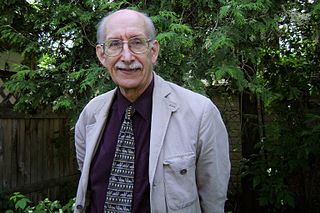Top 594 Plato And Aristotle Quotes & Sayings - Page 7
Explore popular Plato And Aristotle quotes.
Last updated on April 21, 2025.
Aristotle especially, both by speculation and observation... reached something like the modern idea of a succession of higher organizations from lower, and made the fruitful suggestion of "a perfecting principle" in Nature. With the coming in of Christian theology this tendency toward a yet truer theory of evolution was mainly stopped, but the old crude view remained.
I am sympathetic to the general form of Aristotle's view: the exercise of complex and more inclusive abilities is not anything in itself that is or necessarily should be valued over simple and less inclusive abilities. Rather, value depends on what the abilities are and the ends to which they are put.
Children should be educated and instructed in the principles of freedom. Aristotle speaks plainly to this purpose, saying, 'that the institution of youth should be accommodated to that form of government under which they live; forasmuch as it makes exceedingly for the preservation of the present government, whatsoever it be.
Aristotle said time is a measure of change, and this movie is about changing in time, through time, while remaining the same person. That's a philosophical paradox and a moral dilemma. But 'Casablanca' says it's possible. You can have both. That's what it means. And that's my wish for you: that you would have both.
Aristotle writes that persuasion is based on three things: the ethos, or personal character of the speaker; the pathos, or getting the audience into the right kind of emotional receptivity; and the logos, or the argument itself, carried out by abbreviated syllogisms, or something like deductive syllogisms, and by the use of example.




